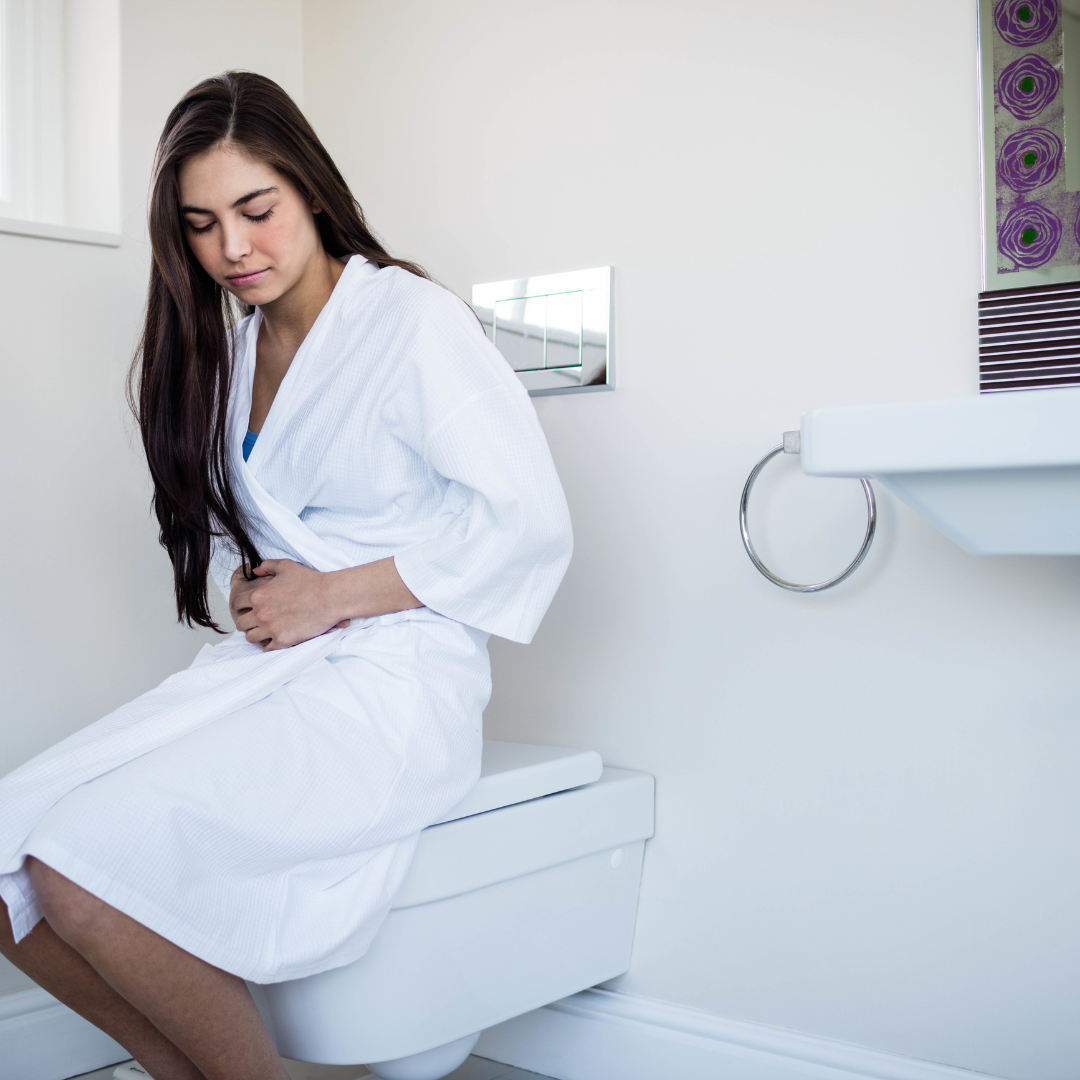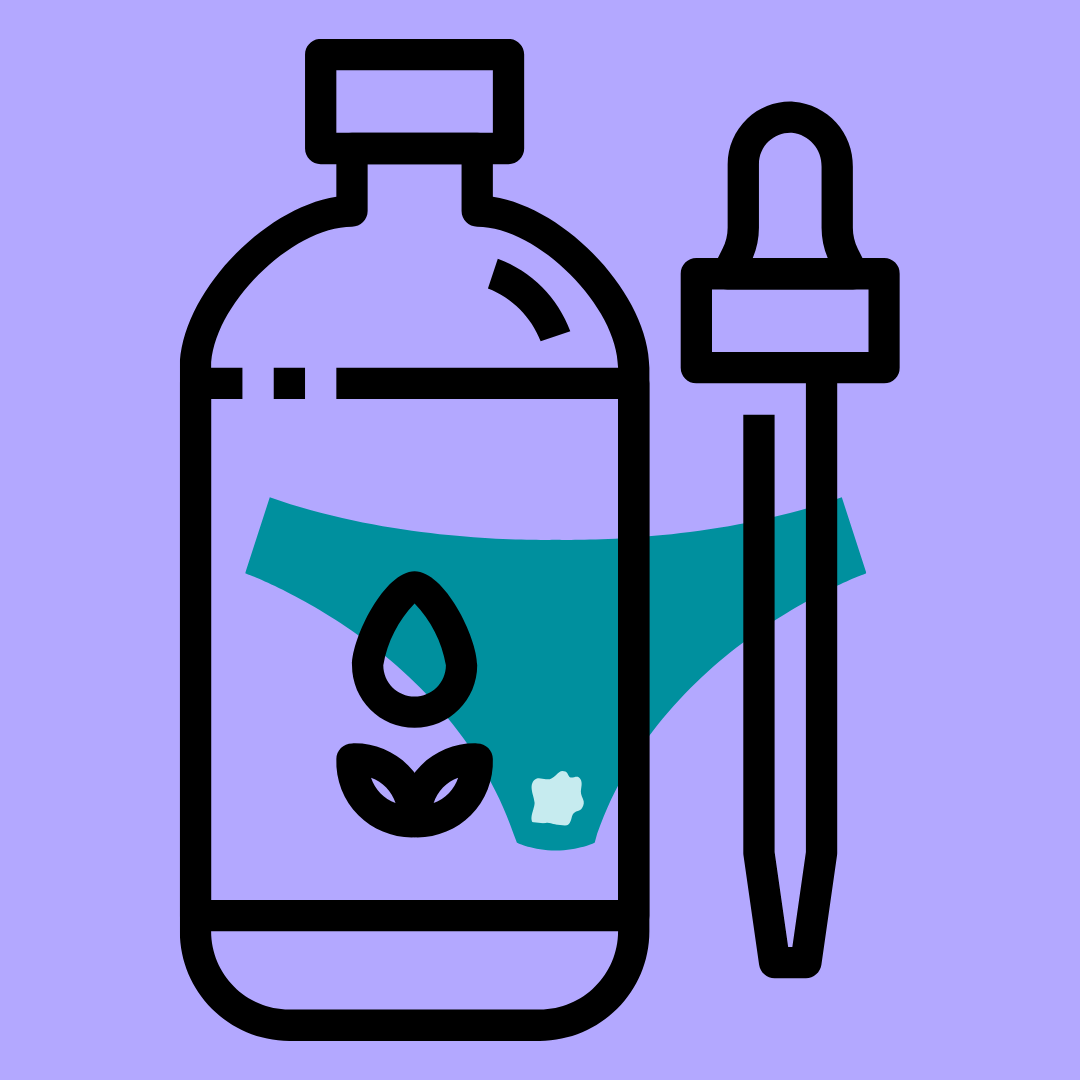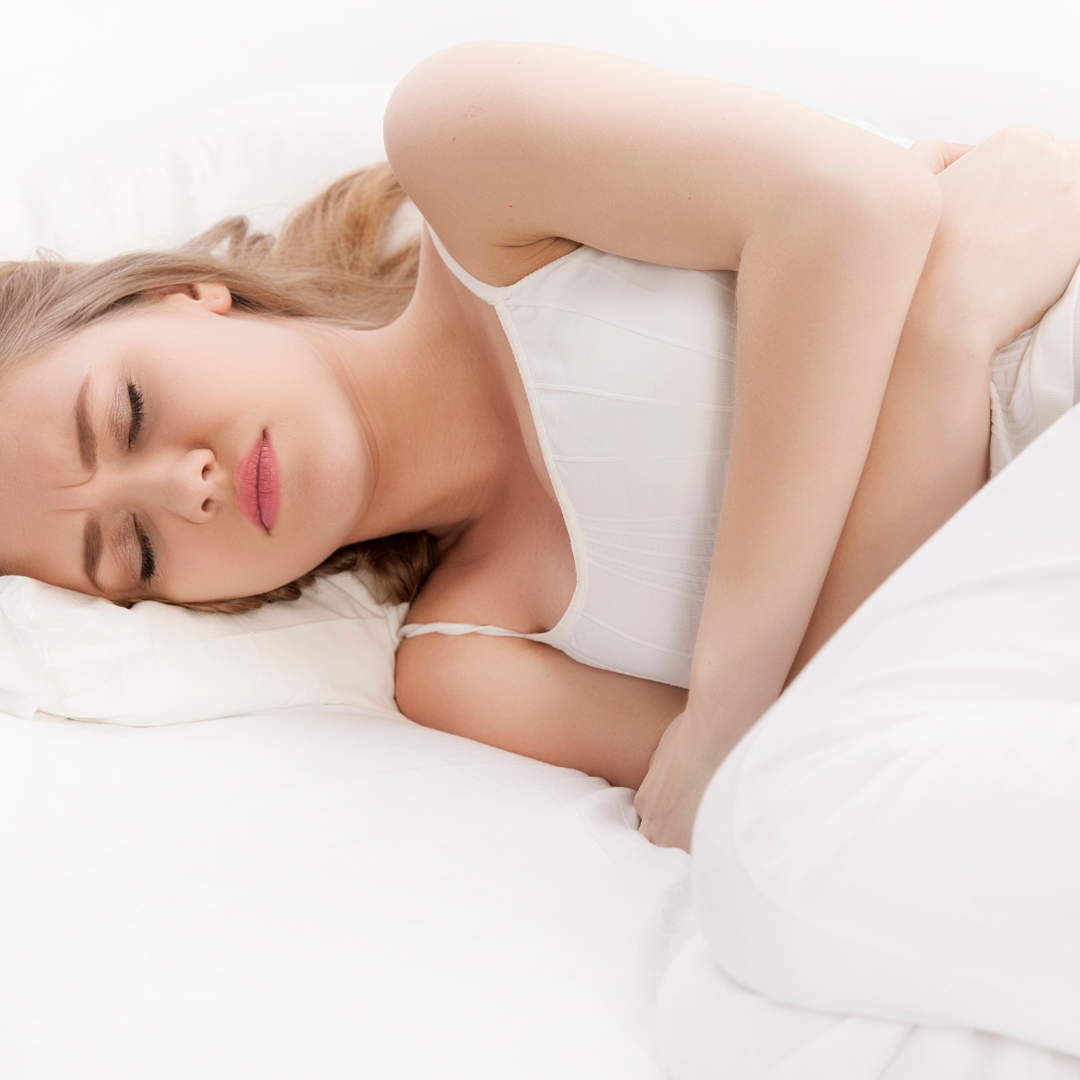Bacterial Vaginosis Home Remedies: The Ultimate Guide

You've probably been there before. You go to the doctor, and they tell you that you have bacterial vaginosis. The news comes as a shock, and you're not sure where to turn or what to do next.
Bacterial vaginosis is a common condition that can affect anyone. While it's not always easy to treat, there are a number of home remedies that can help.
In this post, we'll be discussing the most effective home remedies for bacterial vaginosis. We'll also provide tips on how to reduce the risk of getting it again in the future.
What Is Bacterial Vaginosis?
Bacterial vaginosis (BV) is a common condition that affects women of all ages. It's caused by an overgrowth of certain bacteria in the vagina, which can lead to a number of bothersome symptoms, such as vaginal itching, burning, and discharge.
While there is no cure for BV, there are a number of home remedies that can help to clear up the infection and restore balance to the vagina. In this article, we'll take a look at some of the most popular remedies for BV and how to use them.
What Are the Symptoms of Bacterial Vaginosis?
So what are the symptoms of bacterial vaginosis? The classic symptoms include a thin, watery discharge with a fishy smell. However, some women don't experience any symptoms at all.
If you're experiencing any of the symptoms of bacterial vaginosis, it's important to see your doctor for diagnosis and treatment. Self-treatment is not recommended, as it can lead to further irritation and even more serious health problems.
What Causes Bacterial Vaginosis?
So, what causes bacterial vaginosis in the first place? The most common culprit is an imbalance of the natural bacteria that live in the vagina. This can be caused by a number of different things, such as using harsh soaps or douching, having a new sexual partner, or even using antibiotics.
How Is Bacterial Vaginosis Diagnosed?
The first step in getting rid of bacterial vaginosis for good is to get a proper diagnosis. This is done by taking a sample of your discharge and testing it for bacteria. There are a few different ways to do this, but the most common is a pelvic exam combined with a pH test.
During the pelvic exam, your doctor will insert a speculum into your vagina to get a good view of the cervix and walls. They will then take a swab of your discharge and test it for pH levels. A pH level of 4.5 or higher indicates bacterial vaginosis.
Are There Any Natural Treatments for Bacterial Vaginosis?
The good news is that there are a number of natural treatments for bacterial vaginosis that can help to clear up the infection and restore balance to your vaginal flora. These include:
- Probiotics: Probiotics are beneficial bacteria that can help to re-establish the natural balance of bacteria in the vagina. You can take probiotic supplements orally, or use probiotic-rich yogurt as a vaginal douche.
- Garlic: Garlic has natural antibacterial properties, which can help to kill the bacteria responsible for causing bacterial vaginosis. Eat garlic regularly, or insert a garlic clove into the vagina overnight.
- Apple Cider Vinegar: Apple cider vinegar is another natural antibacterial agent that can be used to treat bacterial vaginosis. Dilute apple cider vinegar with water and use as a douche, or drink a tablespoon diluted in water once or twice a day.
- Boric Acid: Clinical studies have shown that boric acid works with up to 98% of women, it helps promote the proper vaginal balance to keep odor and infections away.
What Is the Best Way to Prevent Bacterial Vaginosis?
Now that you know all about bacterial vaginosis and the different home remedies available to treat it, it's important to learn how to prevent it from happening in the first place.
There are a few key ways to help reduce your risk of getting bacterial vaginosis. First, always practice safe sex and use protection. Second, keep your vagina clean and dry by bathing or showering regularly and avoiding scented products down there. Third, eat a healthy diet and drink plenty of water to keep your immune system strong. Lastly, see your doctor if you have any other vaginal symptoms or if you think you might have bacterial vaginosis.
When Should You See a Doctor for Bacterial Vaginosis?
So, you've been dealing with bacterial vaginosis (BV) and you're not sure what to do next. You've tried all the home remedies out there, but they don't seem to be working. You're starting to feel frustrated and a little bit hopeless.
BV is a common condition, but that doesn't mean it can't be serious. If you're having trouble treating it on your own, or if your symptoms are getting worse, it's time to see a professional.
A doctor can help you find the root of the problem and prescribe the correct treatment plan for you. So don't wait any longer—get help today!
Conclusion
So, those are all of the bacterial vaginosis home remedies that we could find. As you can see, there are a few different options to choose from, but not every remedy will work for everyone. If you want to try a remedy and it doesn't seem to be working for you, stop using it and try something else. Boric acid is a tried and true home remedy, very effective in balancing the vaginal pH level.
The most important thing is to be patient and keep trying until you find a remedy that works for you. And if you still have questions or concerns, be sure to talk to your doctor. They can help you figure out the best course of treatment for your unique situation.


